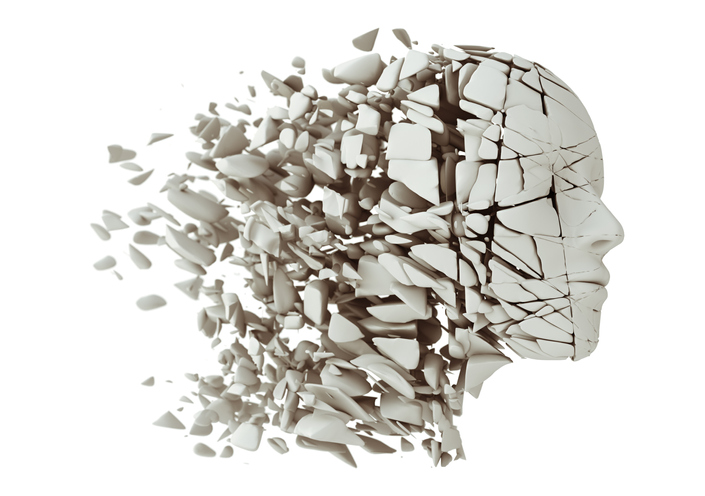From car accidents to a tumble down the stairs — concussions can happen in many everyday situations. With more than 500,000 cases each year in the U.S. alone, concussions affect people of every age. They’re one of the most common and complex injuries that athletes can receive.
A concussion is a form of traumatic brain injury, or TBI, that is caused by a bump, blow, or jolt to the head. Concussions can also be caused by violent movement or jarring of the head or neck. Even though concussions can happen to anyone, athletes are even more susceptible because of the nature of sports. In fact, the most common causes of concussions are sports injuries (football, hockey, rugby, basketball, etc.). In the U.S., athletes suffer from roughly 300,000 concussions every year.
But what exactly does a concussion feel like?
Surprisingly, at least 25 percent of concussion sufferers fail to get assessed by medical personnel. After suffering a blow to the head, one of the first things you should check for is a concussion.
Immediate symptoms of a concussion could be:
- Headache or pressure in the head
- Temporary loss of consciousness (only thought to occur in less than 10 percent of concussions)
- Confusion
- Dizziness or “seeing stars”
- Ringing in the ears
- Nausea
- Vomiting
- Fatigue
Other symptoms may be delayed for hours or days after injury, such as:
- Concentration and memory complaints
- Irritability
- Sensitivity to light and noise
- Sleep issues
- Disorders of taste and smell
If any of these symptoms arise, you should seek medical evaluation so that a doctor can investigate the level of injury. As concussions vary in intensity, and some can be very mild and go relatively unnoticed, more severe cases can cause long-term issues.
For about 9 in 10 people with concussions, symptoms will disappear within 7 to 10 days. In severe concussions, symptoms can linger for weeks or even months, due to a complication called post-concussion syndrome. These long- term symptoms could include vertigo, headaches and dizziness. By getting evaluated by a medical professional after head injuries, you could recognize a severe concussion faster and work to prevent further damage to the brain.
Post-concussion care can also be given to the patient to help the brain recover from the injury. The treatment plan for post-concussion patients can vary; however, the same concepts are practiced. A healthy combination of brain game mental work and challenging physical activities can help to sharpen your mental skills and strengthen your brain, which could also help prevent future concussions.
How to Prevent Concussions
The first step in preventing concussions is to no engage in high-risk activities such as:
- Participating in a high-risk sport, such as hockey, football, soccer, boxing or rugby
- Engaging in high-risk sports without proper safety equipment and supervision
- Situations that could end in a motor-vehicle collision
Beyond avoiding situations where concussions are high-risk, you should also put these habits into practice to protect from head injury:
- Wear protective gear, especially helmets during sports and other dangerous activities. Make sure the equipment is well-maintained and worn correctly.
- Wear a seat belt to prevent serious injury, including head injury, during a car accident.
- Make your home safe. Keep your hallways well-lit and your floors free of anything that might cause you to trip and fall. Falls around the house are a leading cause of head injury.
- Exercise regularly to strengthen your leg muscles and improve your coordination and balance.
Those who have already had one concussion seem more susceptible to having another; however, some precautions can be taken to reduce the risk of concussions. Regularly seeing a doctor like those at neurogrow.com can help you learn how to protect your brain. If aggressive symptoms appear, you should see your doctor for a concussion evaluation as soon as possible.







